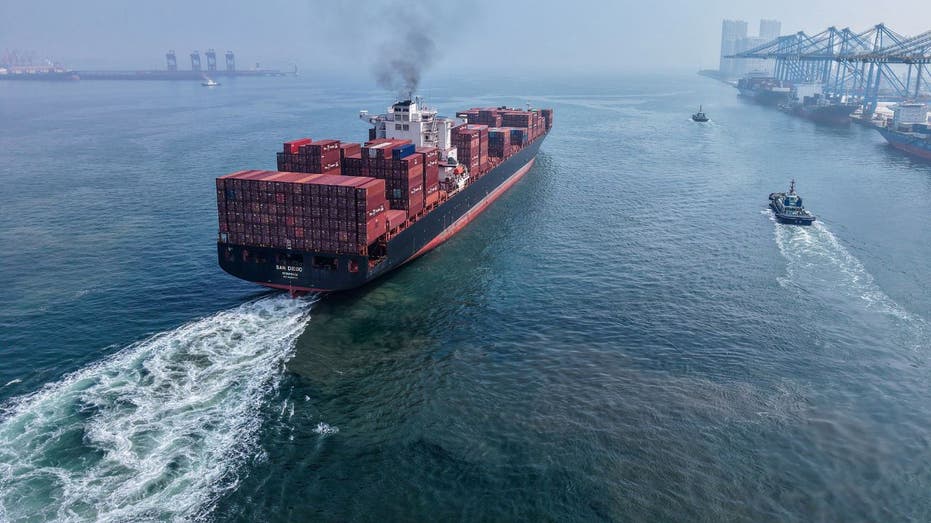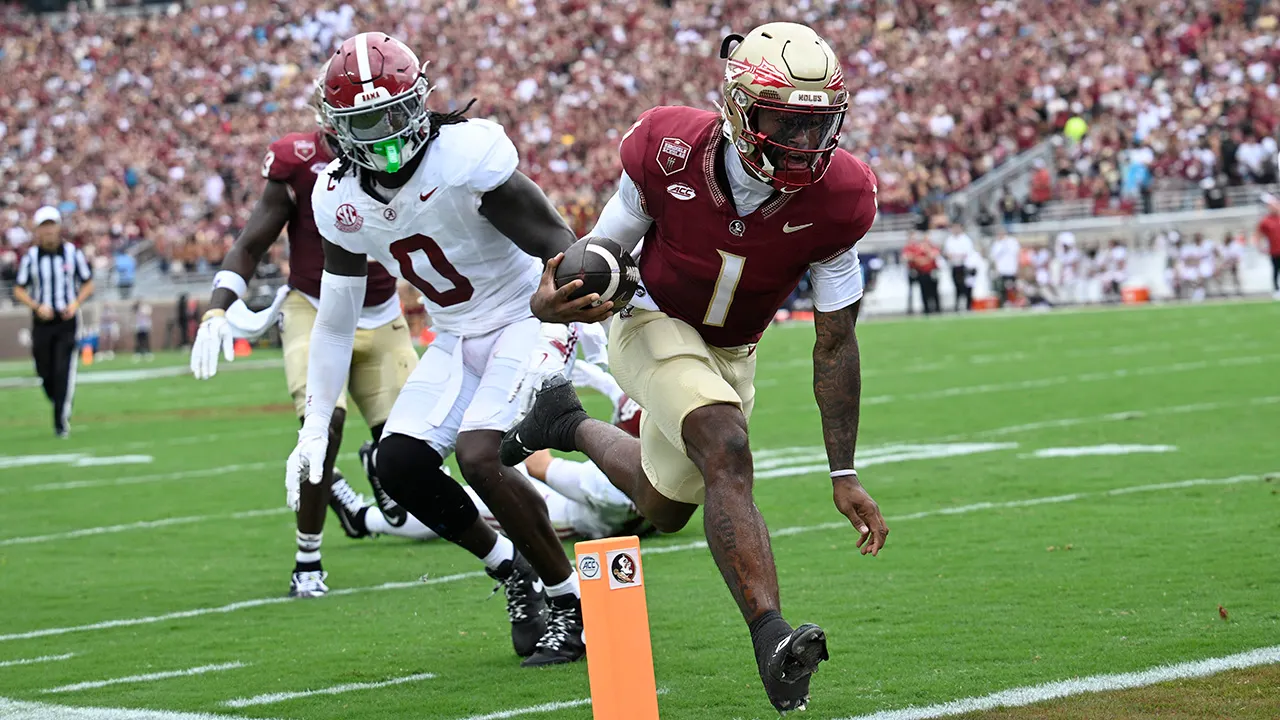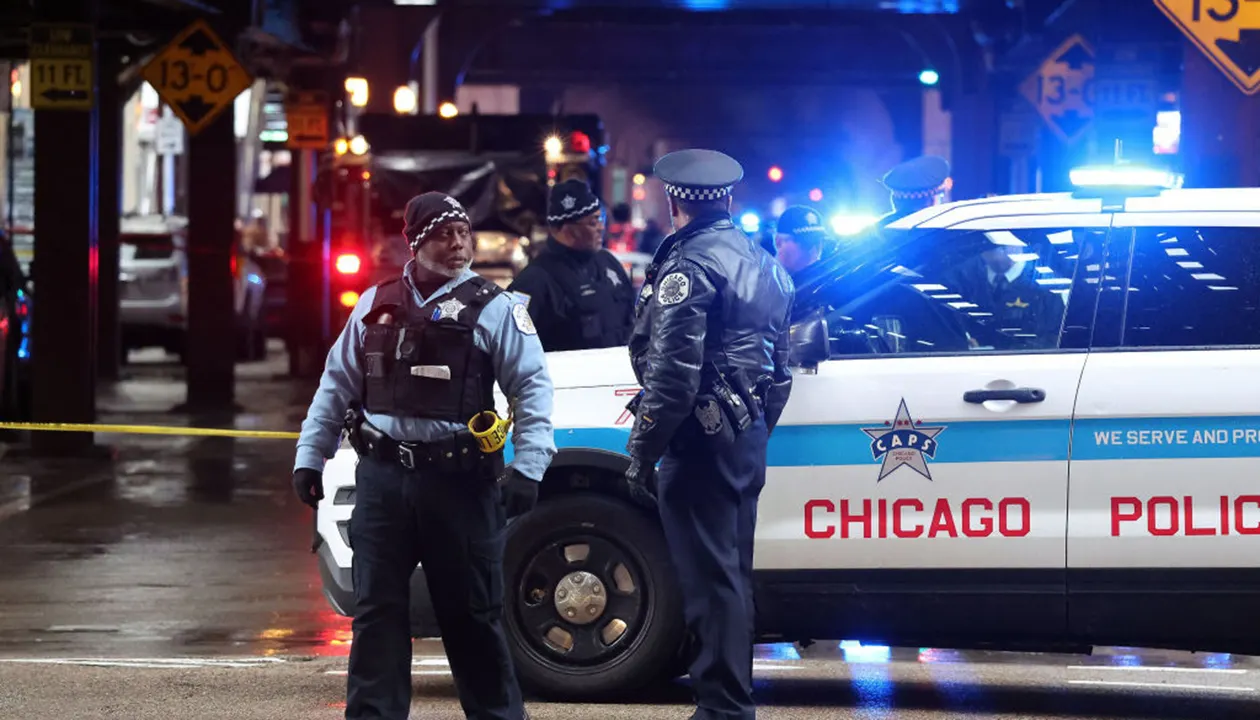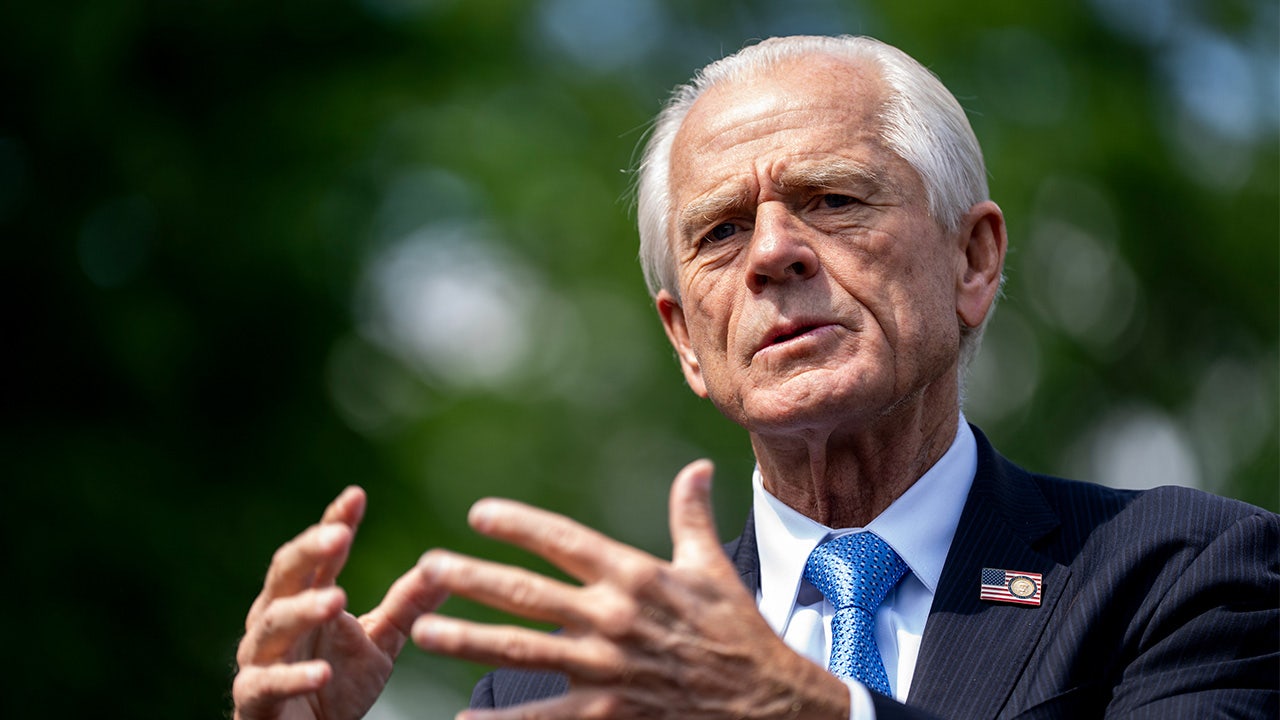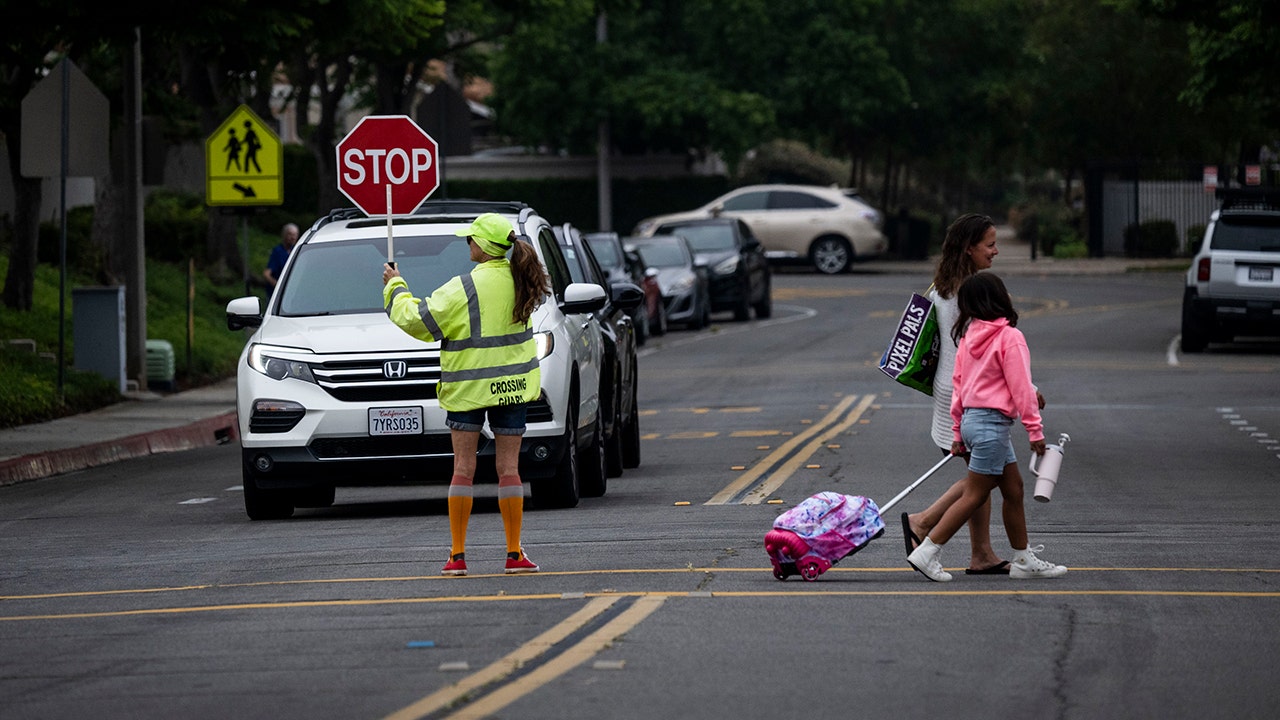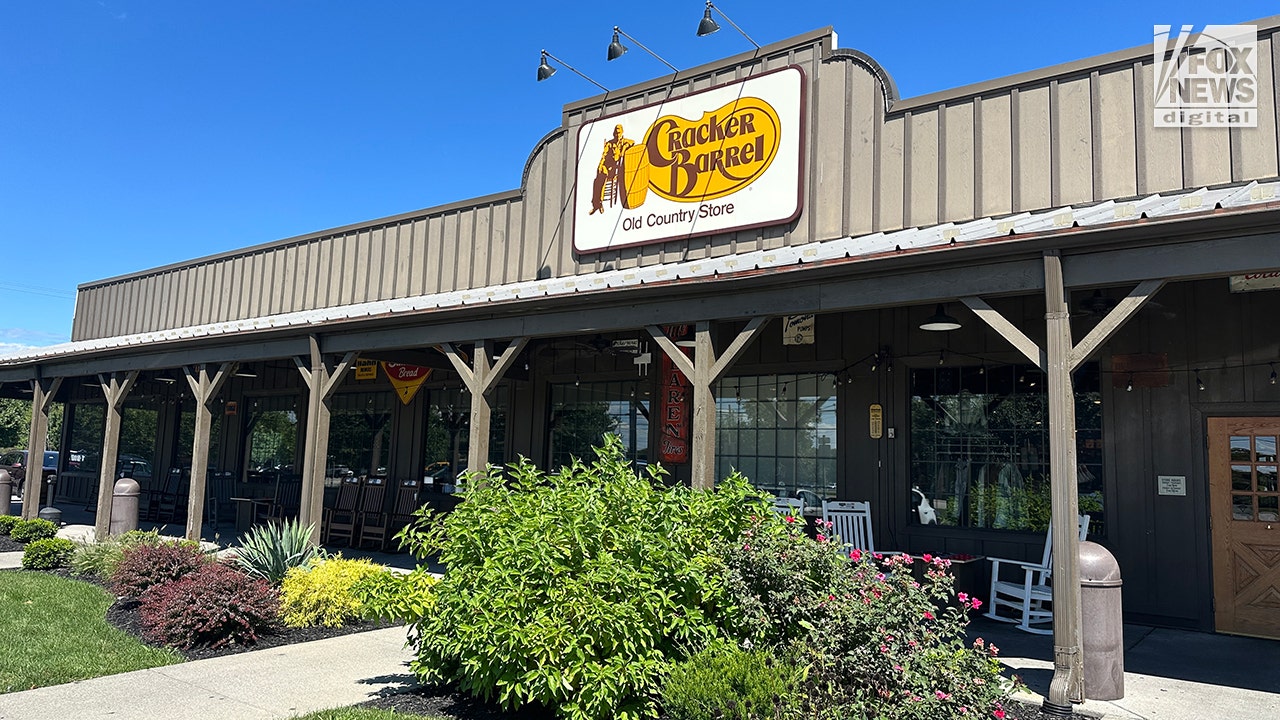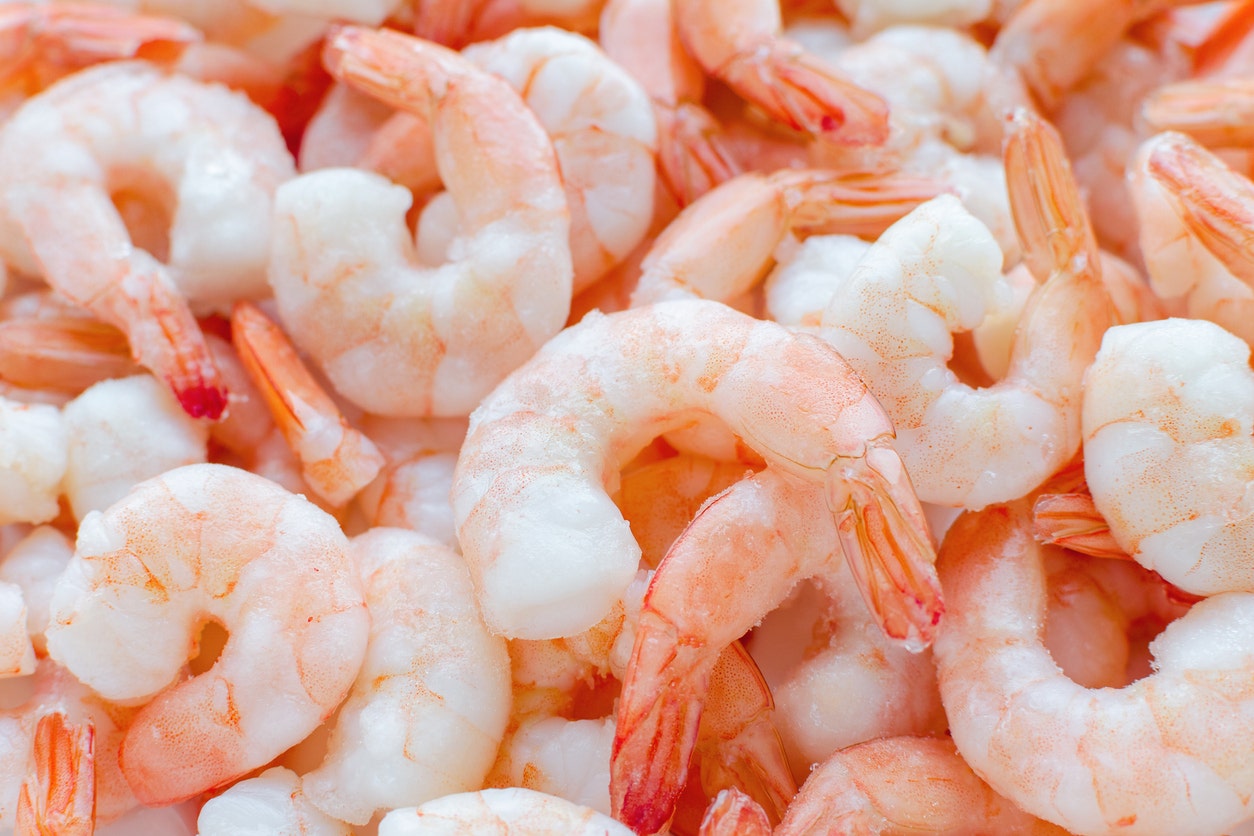White House senior counselor for trade and manufacturing Peter Navarro criticized a federal appeals court ruling against President Donald Trump’s reciprocal tariffs, calling it “weaponized partisan injustice at its worst“ during an appearance on this week’s “Sunday Morning Futures.”
“[You had] politicians in black robes,” he said.
“You had six out of the seven judges, Democrats, but you also had 12 blue states intervening against Trump.”
TRUMP’S TARIFF POWER GRAB BARRELS TOWARD SUPREME COURT
He insisted the decision was partisan at its core, with Democratic appointees driving a judgment that could weaken U.S. trade protections.
At the same time, he accused importers of trying to protect cheap Chinese goods while undermining the president’s trade agenda.
But for the Trump administration, the dark cloud has a silver lining. Navarro pointed to what he called a “very strong dissent” in the appeals court ruling, which he believes offers a clear roadmap for the case as the administration eyes an appeal to the Supreme Court.
TRUMP’S ‘LIBERATION DAY’ TARIFFS COULD HIT A SNAG IN COURT TODAY. HERE’S WHAT TO KNOW
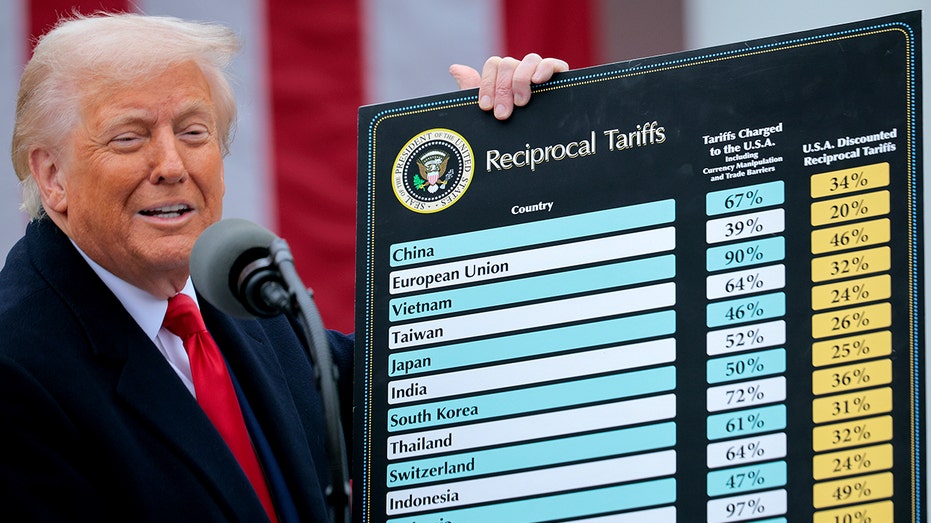
That dissent, he said, dealt with three critical issues: whether a national emergency exists, whether tariffs qualify as the regulation of imports and whether the majority’s claim that the tariffs were permanent had any legal basis.
He insisted the emergency was real, citing fentanyl deaths and a growing trade deficit, and argued that tariffs are well-established tools of import regulation. On permanence, Navarro pushed back, saying the administration never claimed the tariffs would last indefinitely and that they could vanish if China and drug cartels stopped harming Americans.
“The bottom line… a very good dissent provides a roadmap for the Supreme Court. We feel very optimistic,” he said.
“If we lose the case, President Trump is right, it will be the end of the United States.”
The 7-4 decision came down Friday and allowed the tariffs to remain in place through Oct. 14 to give the Trump administration a chance to file an appeal with the U.S. Supreme Court.
At issue in the case was the legality of Trump’s attempt to use the International Emergency Economic Powers Act (IEEPA) — a 1977 emergency law — to enact the steep import fees and impose additional tariffs on certain trading partners.
The Trump administration argued that courts approved President Richard Nixon’s emergency use of tariffs in a 1971 economic crisis that arose from the chaos that followed his decision to end a policy linking the U.S. dollar to the price of gold, according to the AP.
Fox News Digital’s Louis Casiano contributed to this report.
